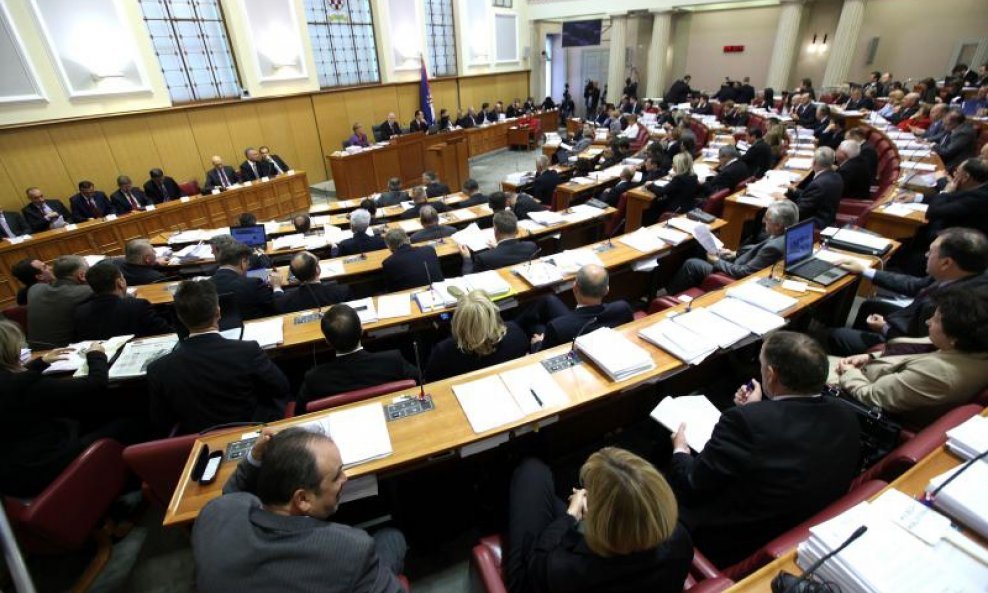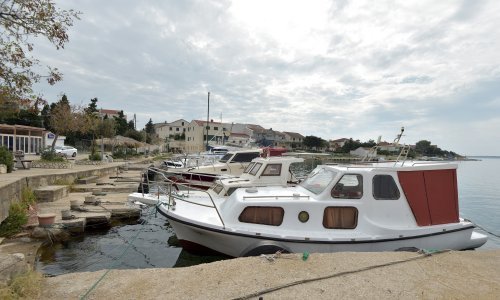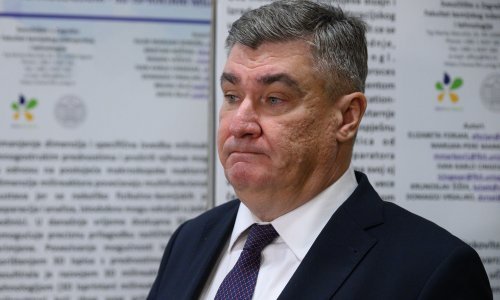As of 1 January 2013, possession of narcotics for personal use will no longer be treated as a crime, but as a misdemeanour, the Croatian parliament decided on Friday when it amended the Penal Code by a majority vote.
Under the amendments, possession of illegal narcotics for personal use would no longer be treated as an arrestable, criminal offence but would be regarded as a petty offence with a fine between HRK 5,000-20,000. The persons in possession of narcotics may be sent to rehabilitation or given a community service sentence.
The law does not state the amount of drugs that will be considered a personal stash. Penalties for dealing have been stiffened which means that dealers can be sentenced up to 15 years imprisonment.
Under the amendments to the Penal Code, the nonpayment of salaries will be treated as a crime, except in cases when the employer does not have funds to pay salaries.
The law is being adjusted with the Treaty with the Holy See which provides that apart from attorneys, confessors too are to be exempted from the obligation of reporting a criminal offence.
Crimes referring to sexual exploitation of children in the future will have to be reported also by members of the family of the perpetrator.
Stricter penalties will be introduced for traffic offences.
Parliament also adopted the Judiciary Development Strategy for 2013-2015.
Deputies today ratified an agreement on a guarantee between Croatia and the International Bank for Reconstruction and Development (IBRD) for a EUR50 million loan earmarked for the financing of exports.
Adopted were also amendments to the law on the electoral register and the law on the place of residence.
Under the new law on the electoral register there will be two sets of records - a register and a list.
The register is an electronic database of voters eligible to vote - those residing in Croatia, those without permanent residence in Croatia, and those who are citizens of European Union countries.
The list on the other hand will be an ad hoc list compiled for every election, comprising of voters from the register provided that they have a valid identity card or have registered to vote in an election.
The addresses in the electoral register are based on the register of spatial units, which is also the basis for the Interior Ministry's permanent residence records.
Croatian citizens without permanent residence in Croatia who want to vote in an election will have to register in diplomatic and consular missions.
Croatian citizens with permanent residence in Croatia who want to vote abroad or outside their place of permanent residence will have to register to vote before an election.
The Parliament also amended the law on war veterans and members of their families, making the Homeland Defence War Veterans' Register public.
The list will be available in an electronic form.


































